Governance & Policy
Regulations, laws, directives and policies, that affect African startups, the financial sector, telecoms, cyber security, among others. It’s unpredictable nature either enables, stifles or is neutral on innovation
Top stories

S&P Global has affirmed a positive credit outlook for nine major Nigeria banks in 2025 despite economic challenges hampering the sector’s performance.

Nigeria’s Federal Executive Council (FEC) has approved two major initiatives to accelerate digital transformation: the Nigeria Universal Communication Access Project and the National AI Trust.
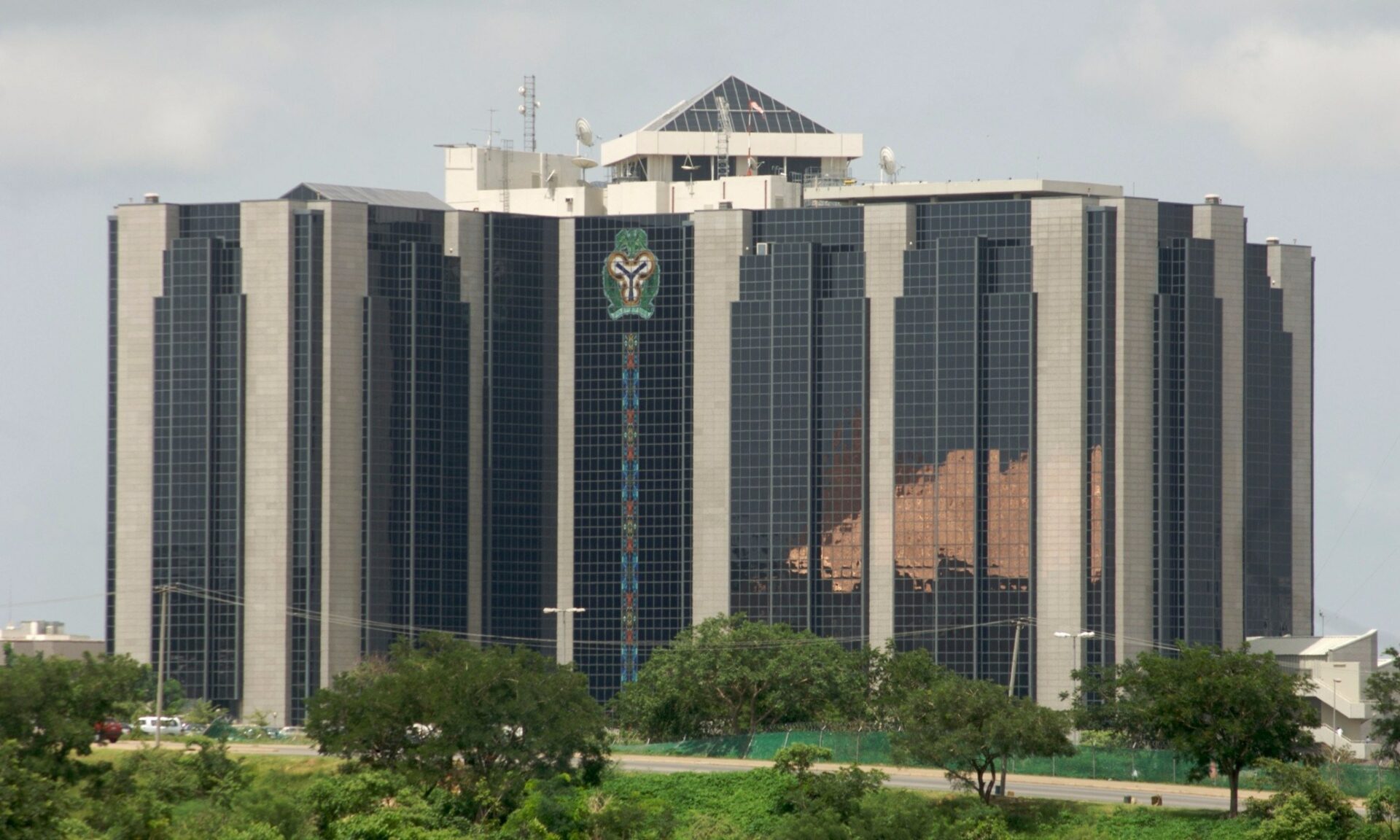
In line with its broader objective of stabilising the FX market, Nigeria’s central bank has extended the deadline for BDCs to access foreign currencies from the official window until March 30.

Ghana recorded $196.7 billion from electronic money transfers in 2024 with total transactions reaching eight billion keeping it cashless drive on track.

With Nigeria’s GDP rebasing on the horizon, experts are turning their focus to the ICT and creative sectors as key drivers of the country’s economic growth.

South Sudan has lifted its ban on social media platforms like Facebook and TikTok, five days after imposing it to curb violence triggered by graphic videos circulating online.

As Nigerian banks scramble to bolster their capital base to meet the central bank’s new requirements, experts predict that some will fall short, triggering a wave of mergers.

The United Nations expects Africa’s regional GDP to grow by 3.7% in 2025, mainly driven by stability in Nigeria, South Africa, and Egypt.

Nigeria’s central bank has revealed plans to set up a compliance department to oversee the activities of financial institutions in the country in its bid to boost transparency in the financial sector.
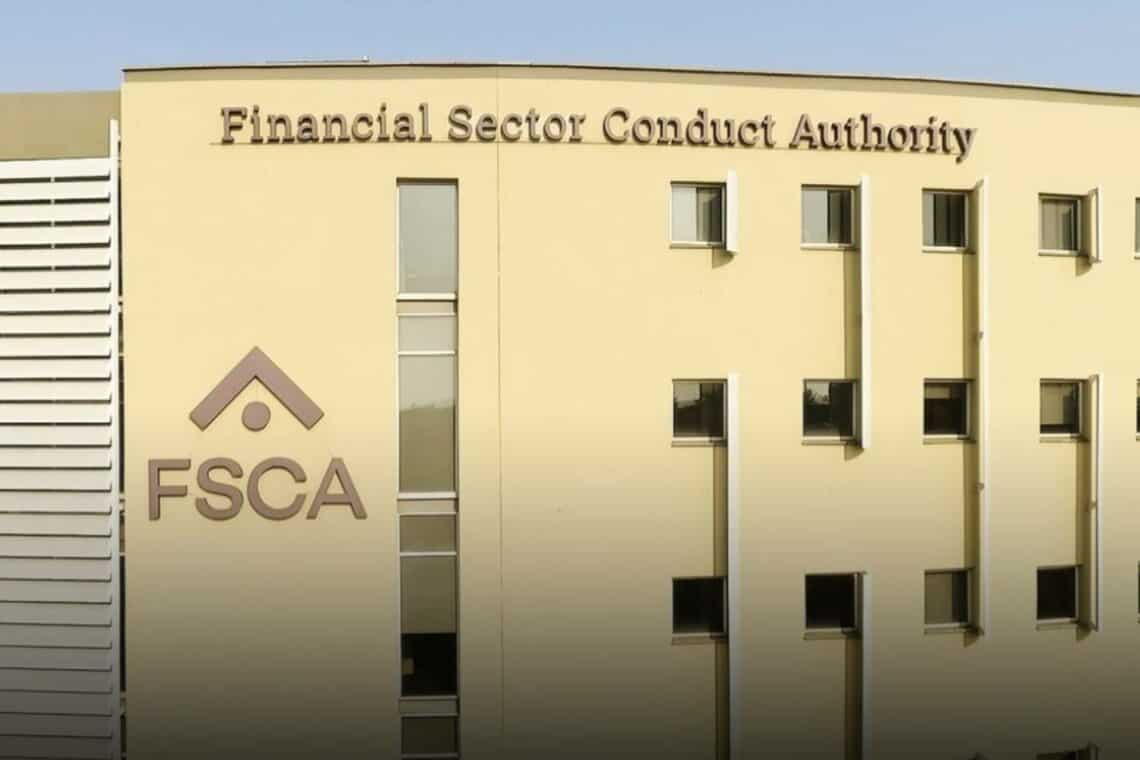
The Governor of the South African Reserve Bank, Lesetja Kganyago, has warned against including Bitcoin as a strategic reserve asset, days after Donald Trump’s endorsement.
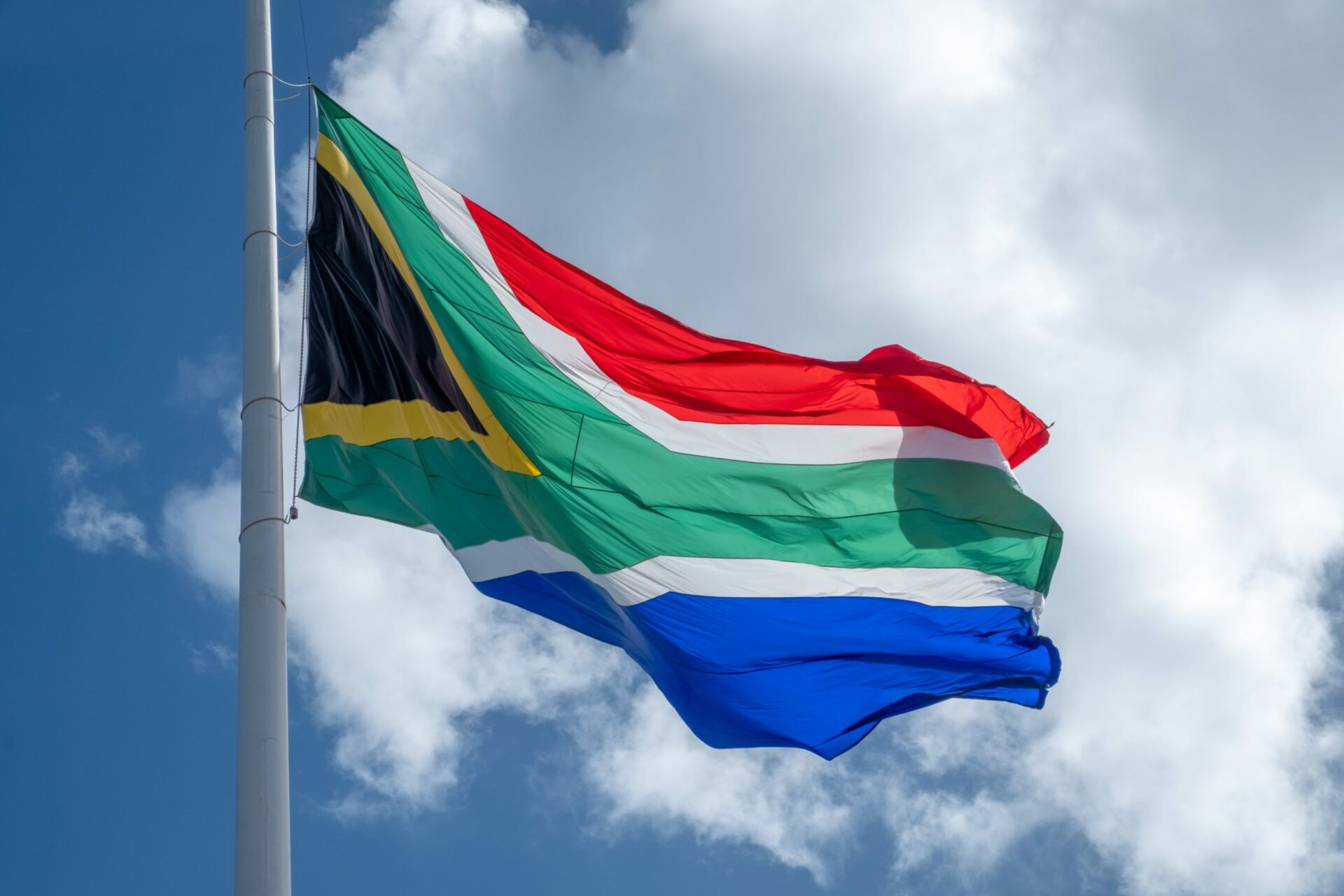
South Africa’s inflation rate crept higher to 3.0% in December 2024 as the cost of food, beverages, and housing soared.
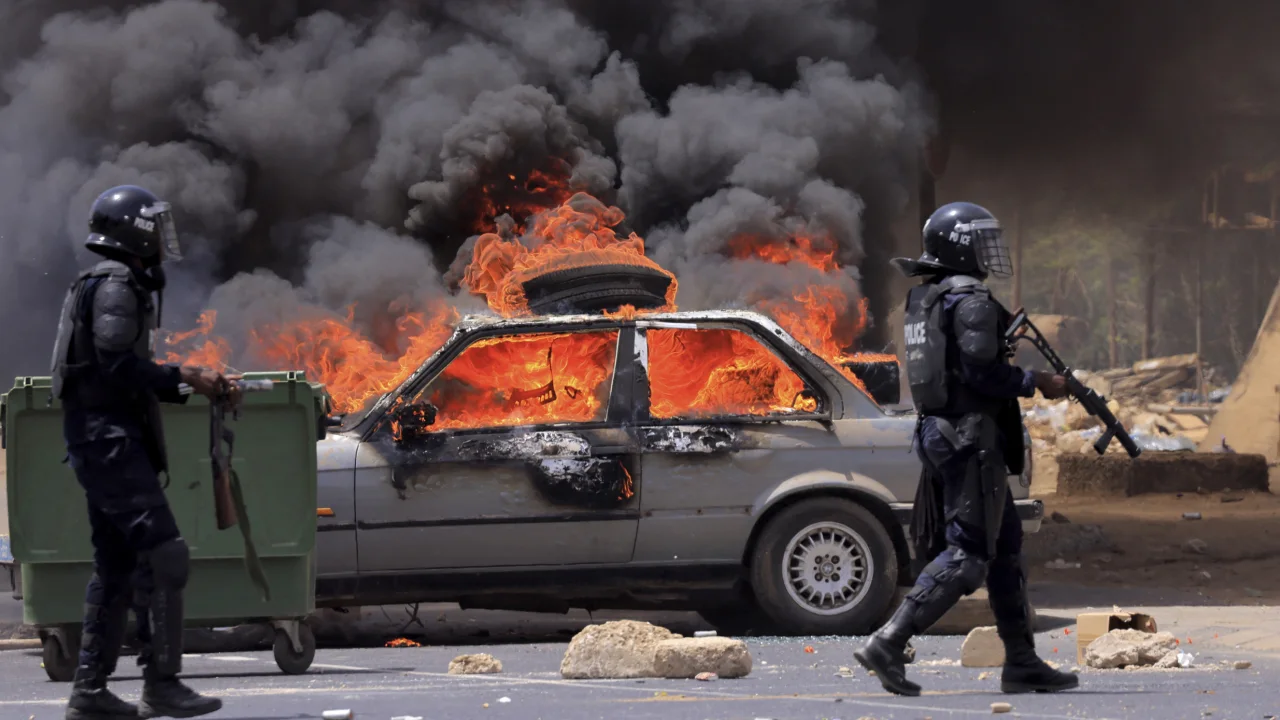
South Sudan will block all social media for 90 days starting January 22, 2025, citing the spread of violent content linked to unrest in Sudan. However, neighbouring Sudan lost $1.2 billion to Internet shutdowns last year.

In the wake of the approval of the 50% hike in telecom services, Nigeria’s consumer protection commission has urged operators to ensure that services are on par with the increased costs.

As liquidity challenges in Nigeria’s banking sector worsened, banks increased their borrowings from the CBN by N13.3 trillion in 2024.
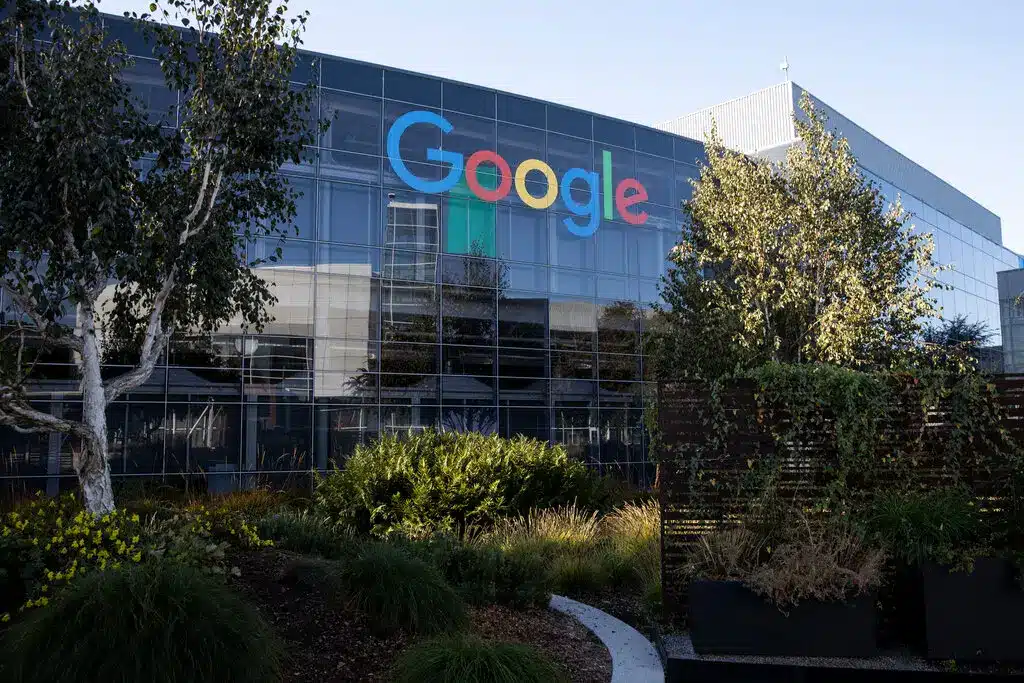
Eswatini wants to leverage Google’s tech to improve efficiency and accessibility to public services. But it also wants to spur economic growth by equipping its youth with essential digital skills.

Sustained economic reforms, lower inflation, and interest cuts are expected to ease credit conditions in South Africa’s banking sector in 2025, says S&P Global.
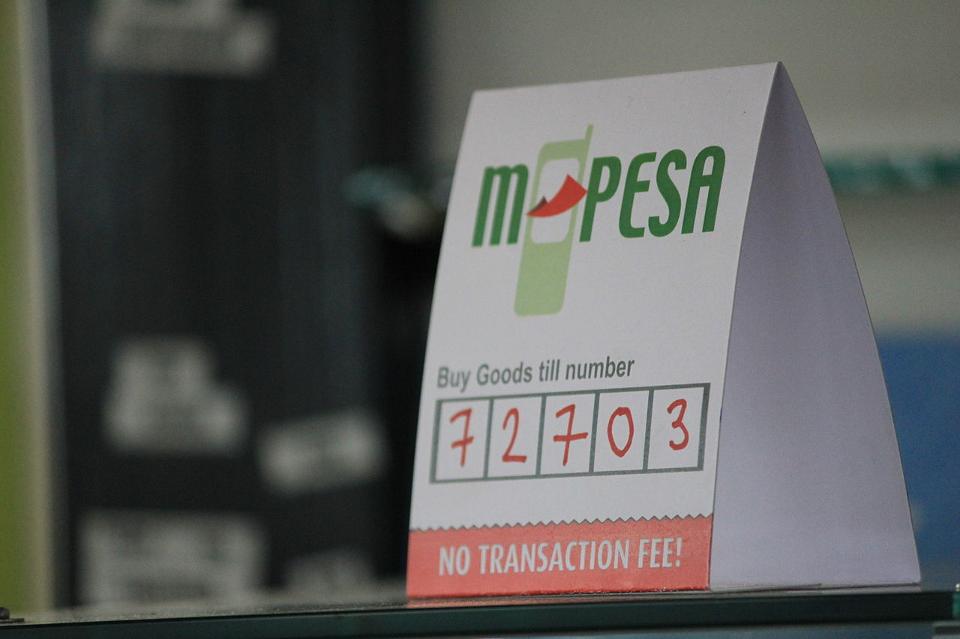
M-Pesa seeks to integrate with PesaLink, enhancing interoperability, expanding access to seamless mobile money and bank transactions while creating new growth and regulatory opportunities.

Nigeria’s second largest electricity distribution company company, Eko DisCo, will be acquired by Transgrid Enerco. The company, formed by three corporations with established investments in the power sector, could have more control over how it collects payments from consumers.

The Nigerian Communications Commission (NCC) has approved a 50% tariff hike, the first in over a decade, amid losses from naira devaluation and rising costs.

The Accra Metropolitan Assembly (AMA) has introduced a shortcode-based payment system to simplify the process for businesses obtaining operating permits.
